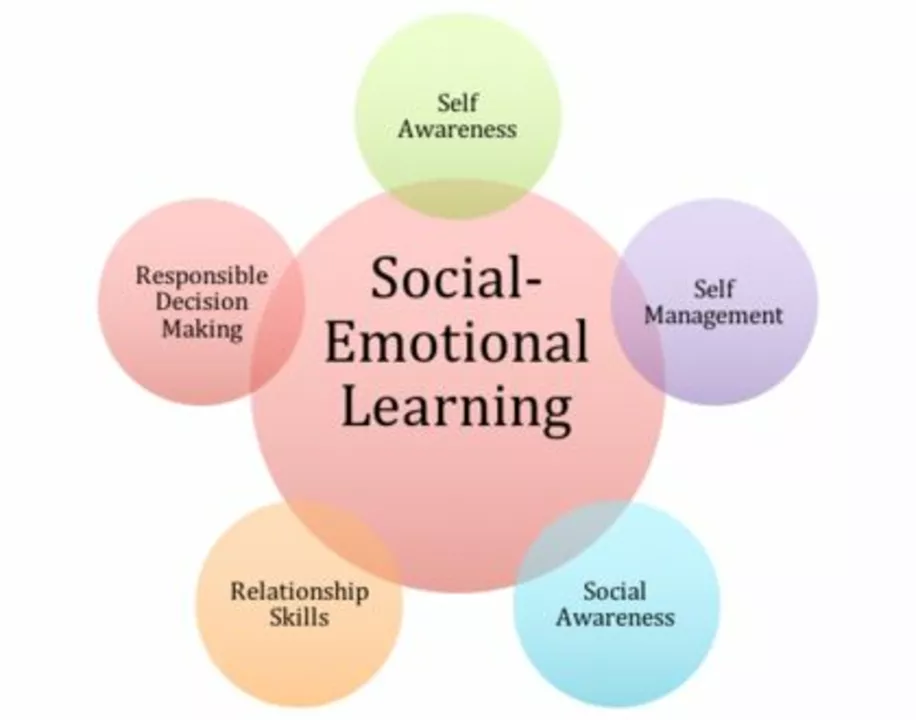Support groups: where to find help for illness, meds, and mental health
Feeling overwhelmed by a new diagnosis, medication side effects, or chronic symptoms? Support groups connect you with people who get it and share practical tips you can use right away.
There are three common types of groups. Peer-led groups are run by people with lived experience. Professional-led groups have a clinician or counselor guiding the session. Online forums and Facebook groups give fast access and lots of perspectives. Each style has trade-offs: peer groups feel relatable, professionals offer structure, and online spaces are convenient but need extra caution.
Where to find reliable groups
Start with your clinic, hospital, or primary care team. Many health centers keep lists of local gatherings. National patient organizations often list vetted groups for conditions like cancer, epilepsy, or chronic pain. Search for condition name plus support group and a trusted label-"hospital","foundation", or "registered charity." Meetup.com, local community centers, and libraries also host free groups.
Online options work well when local choices are limited. Look for moderated forums, official pages run by nonprofits, or groups tied to reputable medical centers. Avoid groups that promise miracle cures or push specific unverified treatments. If you spot repeated links to unfamiliar online pharmacies or pressure to buy a product, treat it as a red flag.
How to pick a good group and stay safe
Try more than one meeting before deciding. Ask whether sessions are confidential and who moderates them. If a clinician runs the group, check their credentials. Don't accept medical advice from strangers; use the group to learn what questions to ask your doctor. Protect your privacy: use an alias if you're not ready to share your full name, and avoid posting photos or sensitive IDs.
Use support groups with your treatment plan
Bring notes to your clinician about tips or concerns you hear in a group. Track side effects, medication interactions, and symptom patterns discussed in sessions. For example, if people mention issues with Depakote, erythromycin, or alpelisib, note specifics and ask your prescriber about them. Peer stories are useful, but your care decisions should rest on clinical advice.
Quick tips to get started
- Search “support group” plus your condition and city.
- Start with groups tied to hospitals or national foundations.
- Join one online and one local meeting to compare.
- Keep a private summary of helpful tips to discuss with your provider.
- Leave any group that pressures you to buy a product or shares unsafe advice.
Find more resources on KiwiDrug.com. Our articles on conditions, medication side effects, and safe online pharmacies can help you form better questions for groups and your care team. If you want help finding support groups for a specific condition, try our site search or contact us.
If you support someone, listen more than talk, offer to go to a meeting with them, and help track medication schedules or side effects. Small practical support often makes a big difference and keeps caregivers from feeling isolated. You are welcome.

The Role of Support Groups in Managing Arrhythmias
As a blogger, I want to emphasize the importance of support groups in managing arrhythmias. These groups provide a safe space for individuals to share their experiences and provide emotional support to one another. Additionally, they offer valuable resources and educational materials to help better understand and manage the condition. Connecting with others who face similar challenges can greatly improve one's quality of life and help alleviate feelings of isolation. In conclusion, support groups play a crucial role in empowering individuals to take control of their health and foster a sense of community.
read more




